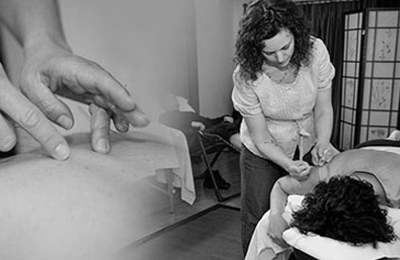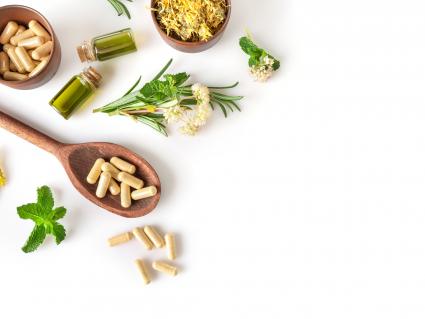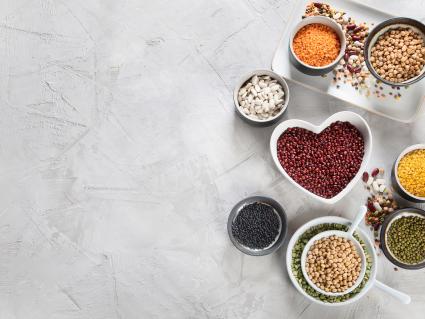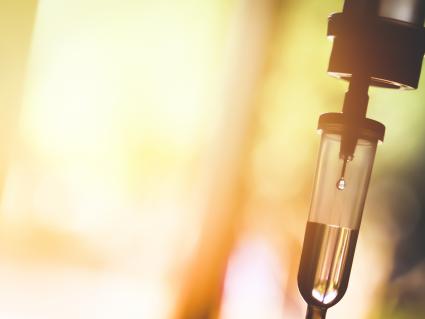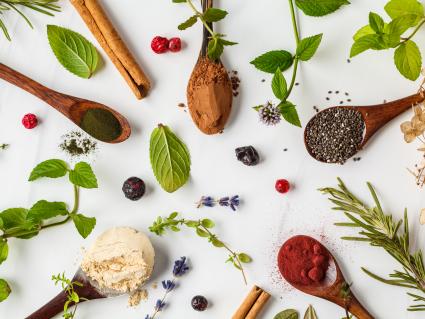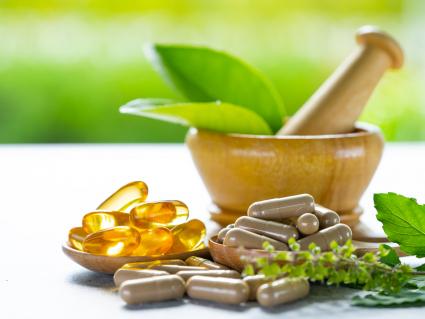Aging & Organ Health: Goji Berry’s Role
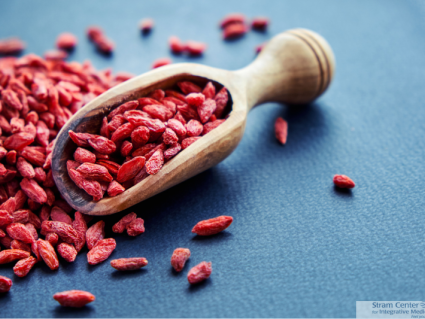
When we think of anti-aging herbs we look beyond herbs that simply address the skin and consider those herbs that address a dysfunction in the body. Aging is not just the breakdown of skin but also the breakdown of organ functioning and their communication with the other organ systems in the body. One of the herbs that comes to mind is gou qi zi (pronounced ‘go- chee-tze’). Gou qi zi, a.k.a. goji berry, has been used classically to address aging related issues such as visual decline. You will find this herb as a common addition to formulas that address ‘kidney and liver deficiency.’ For the goji berry, youth preservation ties into healthy organ function, immune function, cellular nourishment and the mitigation of cellular damage.
Gou qi zi benefits organs and cells by supporting the yin of the liver, kidney and also the lungs. When yin is deficient there is dryness, rigidity and diminished stamina. Undernourished organs and cells cannot process biochemical interactions or sufficiently maintain the health of the whole organ and body.
Breaking down the concept of yin for the above mentioned organs, yin correlates to liver blood, kidney essence and moisture in the lungs. These aspects of yin in each of these organs must be adequate for them to function optimally. Yin (blood) deficiency in the liver can lead to blurry vision or decreased visual acuity. Yin (essence) deficiency in the kidneys can lead to reproductive issues, or soreness in the back and knees. Yin (moisture) deficiency in the lungs correlates to persistent dry cough.
From a biomedical point of view, gou qi zi has been found to secure liver health by reducing serum liver enzymes such as alanine aminotransferase (ALT) and aspartate aminotransferase (AST) (1). The herb has also shown that it mitigates the continued effects of alcohol induced fatty liver damage by decreasing total cholesterol, serum triglycerides, and low density lipoprotein (LDL) and by increasing high density lipoprotein (HDL) (2). Additionally, gou qi zi administration has been shown to have a protective effect on antioxidant levels by blocking their degradation caused by alcohol (1).
Of course, as with any Chinese herb, they are usually always used within a properly designed formula to address the individual, based on the Chinese medical diagnosis. Also, there are cases where gou qi zi would not be suitable for someone, namely those with spleen qi deficiency and dampness.
References:
1. Cheng, D., & Kong, H. (2011). The effect of Lycium barbarum polysaccharide on alcohol-induced oxidative stress in rats. Molecules (Basel, Switzerland), 16(3), 2542–2550. https://doi.org/10.3390/molecules16032542
2. Lu, K. H., Liu, C. T., Raghu, R., & Sheen, L. Y. (2012). Therapeutic potential of chinese herbal medicines in alcoholic liver disease. Journal of traditional and complementary medicine, 2(2), 115–122. https://doi.org/10.1016/s2225-4110(16)30084-0
Rebecca Rice DACM (Doctor of Acupuncture & Chinese Medicine), L.Ac



